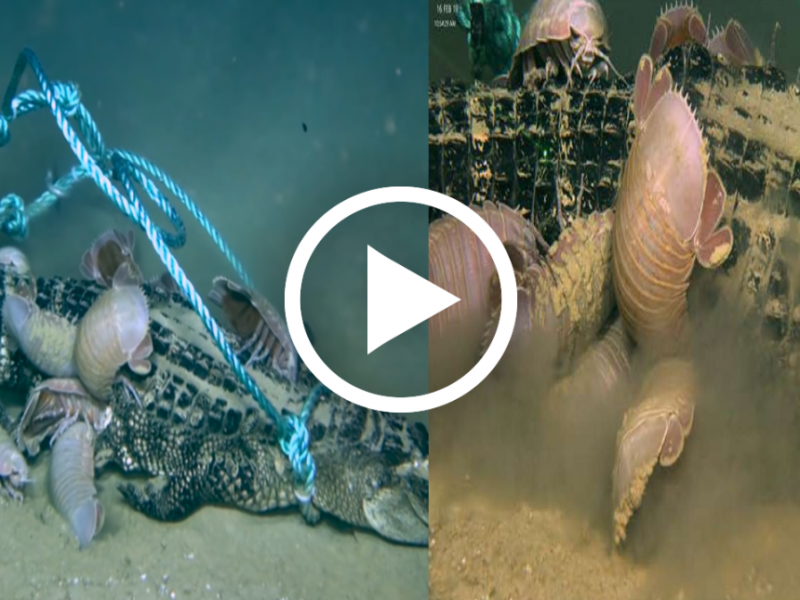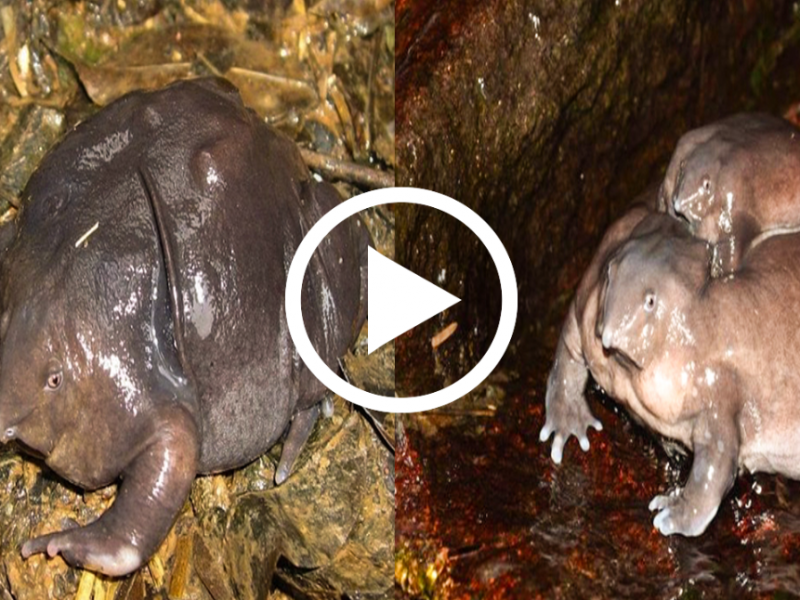Immortality has long fascinated us humans. Numerous people have searched for the secret of living forever for centuries. But it seems like we’ve been beaten to it by our animal friends, to an extent.
What if one day strolling down the street you just happen to come across a creature without a head? or see a living heart peacefully resting and still beating nonchalantly in some secluded corner of a room you might simply pass out from theater or begin rubbing your eyes with all your might trying to rid yourself of these terrible visions. However in fact such a happenstance could occur in real life. as in this mysterious world of ours there are many instances where the life of an animal continued long after what in most cases should have resulted in the Dᴇɑтһ of the creature some of these zombie creatures are served as exquisite gourmet dishes delicacies for the discriminating palate for others you could become their prey
Bee Vengeance
A honeybee might not be able to live after Dᴇɑтһ, but they can still get their vengeance! However, there is a reason why they appear on this list, because even though a bee might be dead, it can still sting you. Not in the way you think of course. Dead bees obviously go fly around and actively sting you, it’s that their stinging parts, and more importantly, their venom delivery system, will still work even if the bee is long dead.
When a bee stings, the sting detaches from its body, leaving it embedded into the skin of its victim. Attached to the sting is a tiny organ that both contains the bee venom, and a tiny muscle that pumps the venom out. Due to the simple physiology of bees, these actions are not controlled by the bee’s simple brain, but rather by involuntary impulses.
So, if you think that you’re safe picking up a dead bee, think again.

water bear
One of the most well-known animals that can live after Dᴇɑтһ is the tardigrade, also known as the water bear. These tiny creatures are incredibly resilient and can survive extreme temperatures, radiation, and even the vacuum of space. In fact, tardigrades can survive being dried out for years, and then come back to life when exposed to water.

cockroach
Cockroaches are famous for a lot of reasons. First, because they are absolutely disgusting and freak people out. And Secondly, because everyone knows that in the event of a nuclear holocaust, the only survivors left will be rats and cockroaches!
Well surprise surprise, they can live without their heads. In fact, they can go on living for weeks.
While many people view cockroaches as pests, they are actually quite fascinating creatures. Cockroaches can survive for weeks without their heads, as they have a decentralized nervous system that allows them to continue living even without a brain.

Chickens
There is truth to the expression “running around like a headless chicken” after all. Yes, ask any farmer and they will tell you; chickens can still run around with their heads cut off, and there is a very simple reason for this, and it’s not because chickens are zombies. No, the reason is, believe it or not, human error.
A butcher’s error to be more specific. You see, a chicken’s central nervous system is very different from us humans. Some basic bodily functions are controlled not by the brain itself, but by certain parts of the brain stem. So what does this all mean?
Well, if a butcher chops a chicken’s head to high, most of the time it’s just the forebrain of the chicken that comes off with its head, leaving the brain stem and the cerebellum quite intact. In fact, if the butcher also misses the jugular, not only will the chicken continue to move, it sometimes can still breath. Of course, it will eventually starve to Dᴇɑтһ but there is one special case that a chicken survived 18 whole months without its head.

goldfish and carp
Certain species of fish, such as the goldfish and carp, can also live after Dᴇɑтһ. These fish are able to survive for several hours out of water, as long as their gills remain moist. In fact, some fish have been known to survive being frozen solid and then thawed out later.

Octopus
I’m pretty sure that you’ve seen videos online where an octopus, after being chopped up, continues to move. In fact, in certain Asian countries, eating fresh octopus is a deadly delicacy. It’s not really the octopus that survive after being chopped up, but rather their eight wily arms that continue to move about. And it’s these eight arms that usually gets stuck in someone’s through, resulting into a very bad day.
The reason why octopus’ arms maintain mobility even after being chopped off is quite fascinating. It’s because their central nervous system is quite unique; most of an octopus’s nerve cells, 2/3 of them in fact, can be found, not in the brain where you would expect them to be, but rather in its tentacles. And these arms can continue reacting to stimuli even after they are no longer connected to the main brain; in fact, they remain responsive even after the octopus has been long dead and the arms severed. Researchers in St. George’s University in London conductive extensive experiments on this phenomenon.
 While it may seem strange and even a little creepy, the ability of these animals to live after Dᴇɑтһ is actually quite remarkable. It’s a testament to the resilience and adaptability of nature, and a reminder of the incredible diversity of life on our planet.
While it may seem strange and even a little creepy, the ability of these animals to live after Dᴇɑтһ is actually quite remarkable. It’s a testament to the resilience and adaptability of nature, and a reminder of the incredible diversity of life on our planet.
So next time you come across a tardigrade, cockroach, or fish, remember that these creatures are capable of surviving even in the most extreme conditions. They may not be the prettiest or most glamorous animals, but they are certainly some of the toughest and most resilient.


